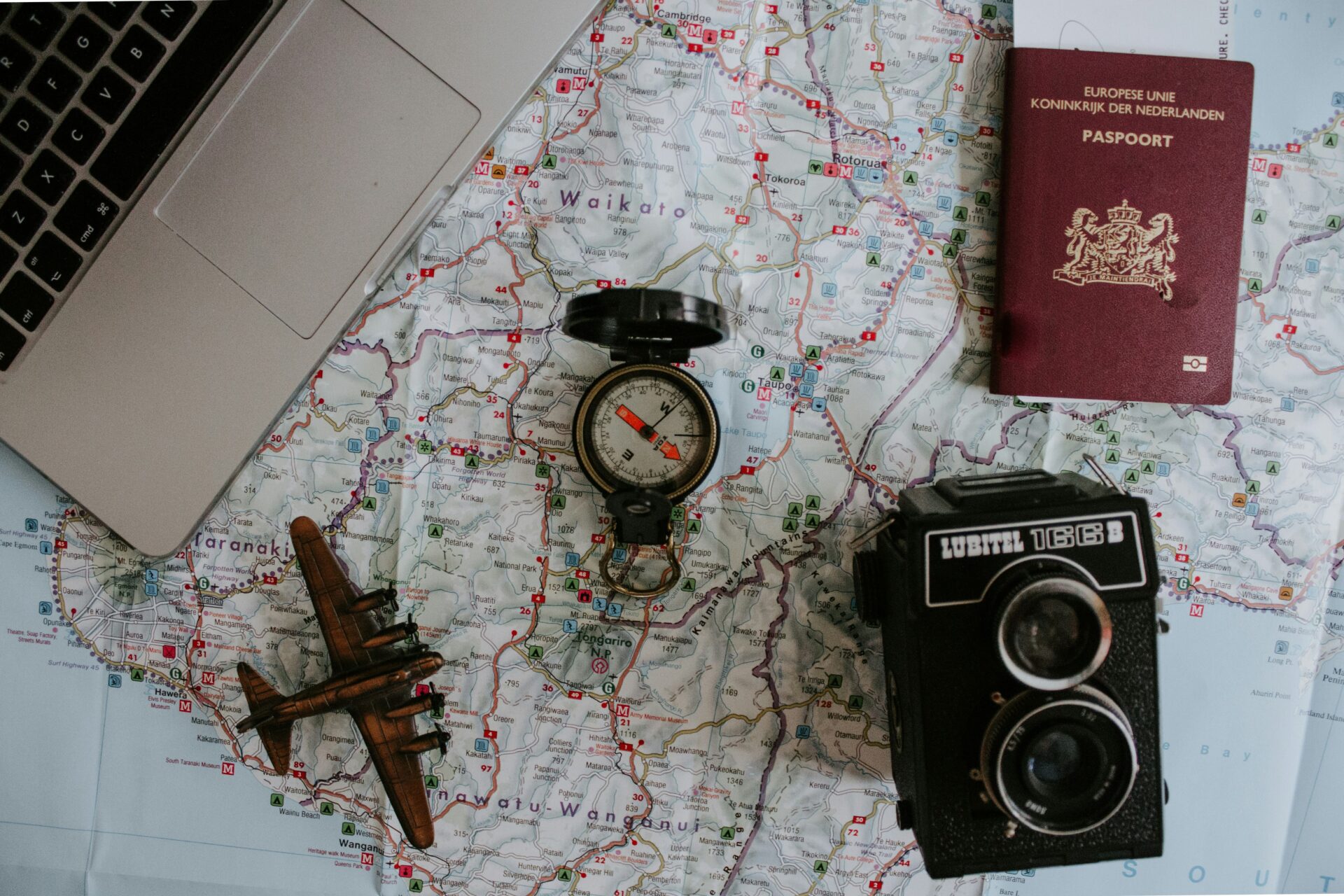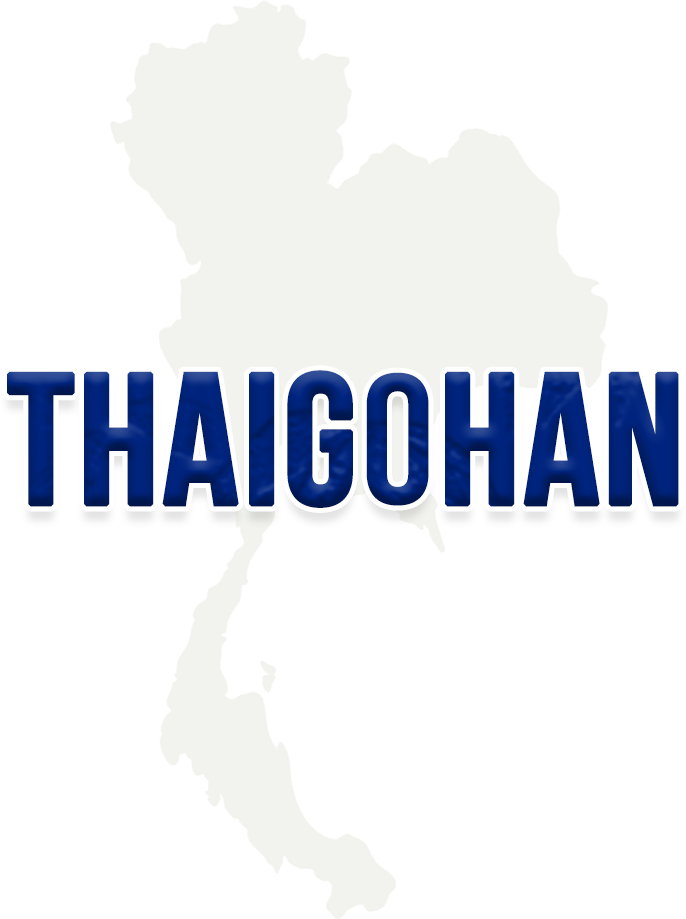Considering Moving to Thailand? A Comprehensive Guide from Living Costs to Visa Applications

Thailand, with its warm climate, stunning natural beauty, and rich culture, has become an increasingly popular destination for those considering relocation. The affordable cost of living and comfortable environment attract many to start a new life in this Southeast Asian paradise. However, moving to Thailand requires thorough preparation. This article will provide a comprehensive guide to living costs, visa application processes, and essential information for starting your new life in Thailand.
目次
1. Benefits of Moving to Thailand
Moving to Thailand offers numerous advantages. First and foremost, the cost of living is relatively low, allowing for a significantly reduced living cost compared to Japan. This makes it possible to live comfortably, especially when it comes to expenses like food, transportation, and housing. Additionally, the warm climate throughout the year, along with beautiful beaches and mountainous landscapes, provides a relaxing environment. Thai people are also known for their friendliness and openness to different cultures, making it easier for foreigners to adapt to their new surroundings.
2. An Overview of Living Costs in Thailand
Housing Costs
Housing costs in Thailand vary significantly between urban and rural areas. For example, in central Bangkok, rent for a studio apartment starts at around 15,000 baht (approximately 60,000 yen), while in suburban or rural areas, you can find similar accommodations for less than half the price. Additionally, you can rent condos with amenities such as swimming pools and gyms at affordable rates, ensuring a comfortable lifestyle.
Food Costs
Food in Thailand is incredibly affordable. A meal at a local street stall costs around 30 baht (approximately 120 yen), and even at a restaurant, you can enjoy a satisfying meal for around 500 baht (approximately 2,000 yen). Groceries from local markets are also inexpensive, and cooking at home can further reduce your food expenses.
Transportation Costs
Transportation in Thailand is also very affordable compared to Japan. In Bangkok, the BTS (Skytrain) and MRT (Subway) are the main modes of transportation, with fares ranging from 10 to 50 baht (approximately 40 to 200 yen). Taxis and motorcycle taxis are also inexpensive, making it easy to navigate even in the busy city.
Note: All monetary values in this article are based on the exchange rate of 1 baht = approximately 4 yen as of July 2024.
3. Necessary Procedures for Moving to Thailand
Visa Application
A long-term visa is required to move to Thailand. Common visa types include retirement visas, business visas, and education visas. A retirement visa is relatively easy to obtain for those over 50 years old, allowing for long-term stays. On the other hand, business and education visas have specific requirements that need to be met, so careful preparation and confirmation are necessary.
Insurance and Healthcare
Having health insurance is essential when living in Thailand. The country offers high-quality healthcare, especially in Bangkok, where many hospitals meet international standards. Medical expenses are also relatively low compared to Japan, allowing for comprehensive care. You can either join local Thai insurance or extend your Japanese travel insurance for continued coverage.
Opening a Bank Account
It is recommended to open a bank account in Thailand to facilitate a smoother daily life. Opening an account may require a visa, work permit, or proof of residence. Having a local bank account allows for convenient bill payments, including utilities and rent, through automatic transfers.
4. Realities of Living in Thailand
Cultural Differences
Thailand is predominantly Buddhist, and understanding its religious and cultural practices is crucial. Paying attention to temple etiquette and public behavior is essential. Thai people are generally gentle and respectful, so showing mutual respect is important.
Language Barrier
Thai is a completely different language from Japanese, and initially, communication may be challenging. However, English is widely spoken in urban areas, so day-to-day life is relatively manageable. Learning some Thai will enhance your experience and help you connect more deeply with the local community.
Joining Local Communities
Thailand has a large Japanese community and numerous organizations that support expatriates. Participating in these communities can provide valuable information, help you make friends, and ease the transition to your new environment. Engaging in community activities is highly recommended for faster acclimation.
5. Tips for a Successful Move to Thailand
Importance of Preparation and Planning
Thorough preparation is essential for a successful move to Thailand. In addition to handling visa, insurance, and housing arrangements, it’s important to acquire the necessary knowledge and skills for living in Thailand. Having a well-structured post-move plan and starting your new life at a manageable pace are key to success.
Developing Adaptability
Living in a new environment requires flexibility and adaptability. Embracing Thai culture and customs, while maintaining an open-minded attitude, will enrich your experience in Thailand. Building relationships with locals and actively participating in the community will also enhance your quality of life in your new home.
Conclusion
Moving to Thailand offers a fantastic opportunity to enjoy a new lifestyle surrounded by a warm climate, affordable living costs, and rich culture. However, to ensure a successful relocation, thorough preparation and adaptability are crucial. Use this article as a guide to plan your new life in Thailand and embark on an exciting and fulfilling journey.
(Photo by Unsplash.com)




